By Francis Kimanene
As Kenya’s political landscape braces for another election cycle, a new wave of opposition figures has emerged, positioning themselves as champions of the people and crusaders against government failures. Yet, behind the fiery rhetoric and populist promises lies a troubling pattern and a line-up of politicians whose pasts are riddled with contradictions, opportunism, and a blatant disregard for the very principles they now claim to uphold.
At the heart of the emerging opposition are familiar faces of politicians who have cycled through parties, alliances, and ideologies with dizzying frequency. Many of these individuals have held power before, either in government or previous opposition outfits, yet their legacies are marred by a track record of prioritising self-interest over public service.
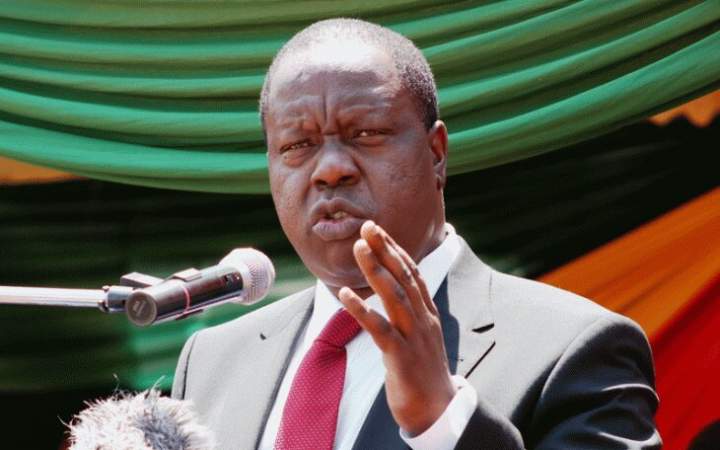
Take, for instance, several high-profile figures now leading the charge against the current administration. A cursory glance at their political histories reveals a litany of controversies. Some were implicated in graft scandals during their tenures in past governments, others abruptly abandoned their parties after losing primaries, and a few have openly defended authoritarian policies while in power, only to rebrand themselves as “democracy defenders” today.
Kenya’s opposition has long thrived on amplifying societal grievances, and the current cast of quipsters is no exception. Rather than offering substantive solutions, these politicians resort to divisive rhetoric, stoking anger against the government while presenting themselves as the only alternative. How more vainglorious can a bunch of perpetual cavil merchants get!
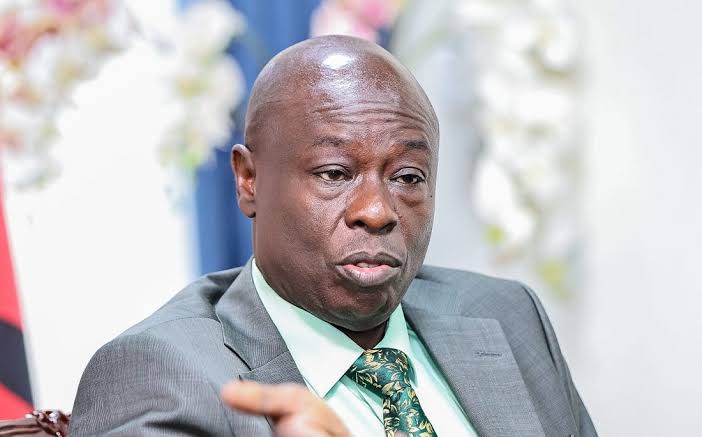
The strategy of these whiners hinges on exploiting the information gap that plagues many ordinary Kenyans. By framing complex governance challenges as simple problems with easy fixes, they prey on the hopes of citizens who lack the resources to dissect political theatrics.
Perhaps the most galling aspect of this opposition resurgence is its moral grandstanding. Many of its leaders accuse the government of corruption and incompetence, yet their own records are far from clean. One prominent figure, for example, faced allegations of embezzling public funds during a previous stint in office. Another, who now decries tribalism, built their career on ethnic mobilisation. A third, who claims to champion youth empowerment, oversaw a ministry accused of squandering billions meant for grassroots development. Their chief whiner and tin-god-in-chief is the immediate former Deputy President who was recently shown the door for his lumbering credentials. None in the so-called opposition is on an ideological mission – none!
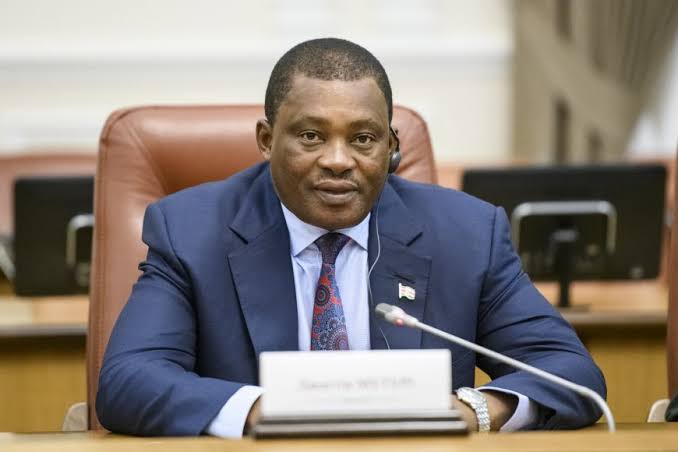
Leadership demands integrity, consistency, and a commitment to the common good. Yet, Kenya’s emerging opposition line-up embodies the exact opposite. Their sudden activism, timed to coincide with election cycles rings hollow.
Kenyans deserve better than a choice between the devil they know and the devil in a new disguise. The solution lies in demanding higher standards from all leaders. Citizens must scrutinise political actors beyond their slogans. They should examine their track records, alliances, and motives. Civil society, the media, and watchdog groups have a role to play in exposing hypocrisy and holding politicians to account.

Moreover, the electorate must reject the culture of political amnesia. Forgiveness is virtuous, but accountability is non-negotiable. A leader who mismanaged public funds a decade ago is likely to do so again. One who fuelled ethnic division in the past cannot credibly preach unity today. The emerging opposition’s theatrics may dominate headlines, but their credibility crisis underscores a deeper need for political renewal.
Kenyans must see through the charade of the budding opposition and ask themselves hard questions. The men and women claiming to fight for you today were silent or complicit when they held power yesterday. Their sudden transformation is not a rebirth but a mere rebrand. Let us not be fooled by the noise. The question is not whether Kenya needs an opposition. That it does.
The big question is whether this opposition deserves Kenya.
Dr Kimanene is a conservation expert based in Geneva, Switzerland






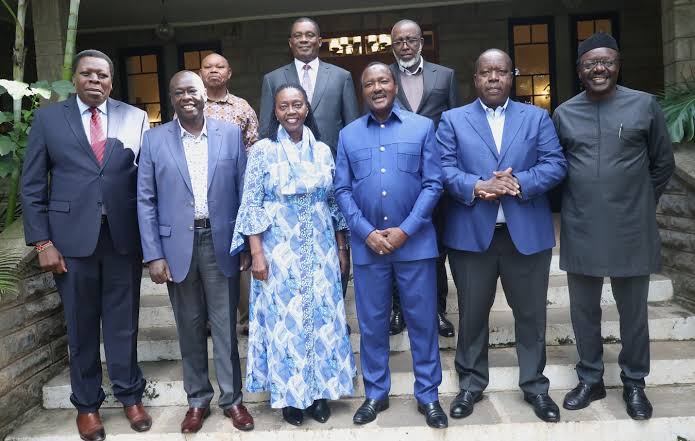
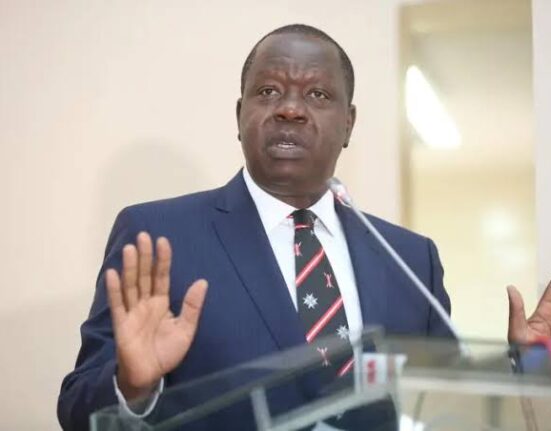
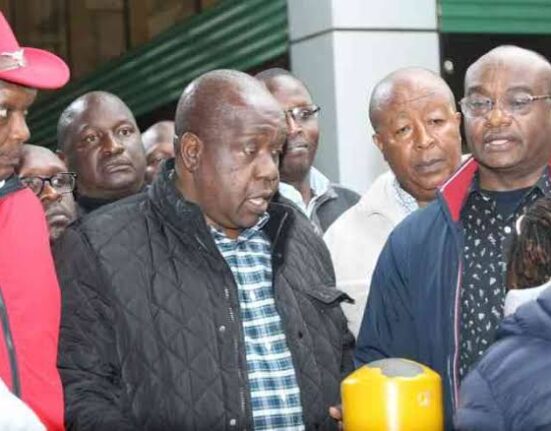
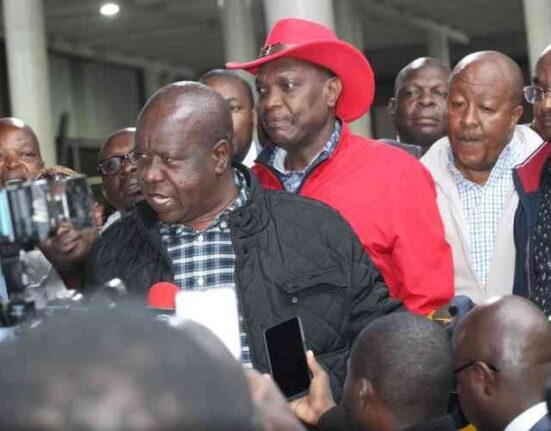
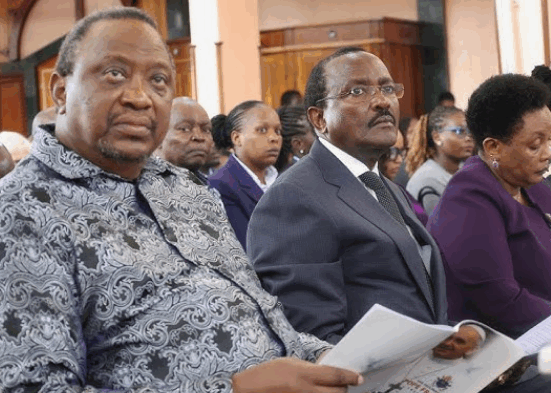
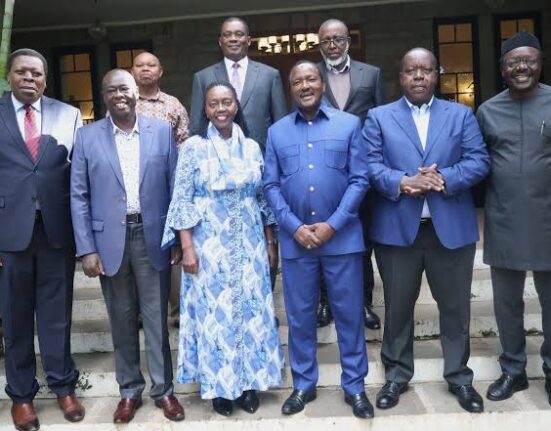
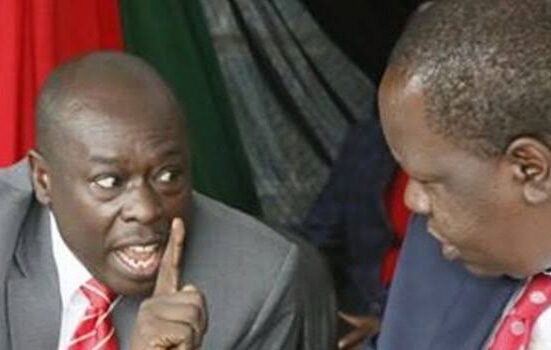
Leave feedback about this